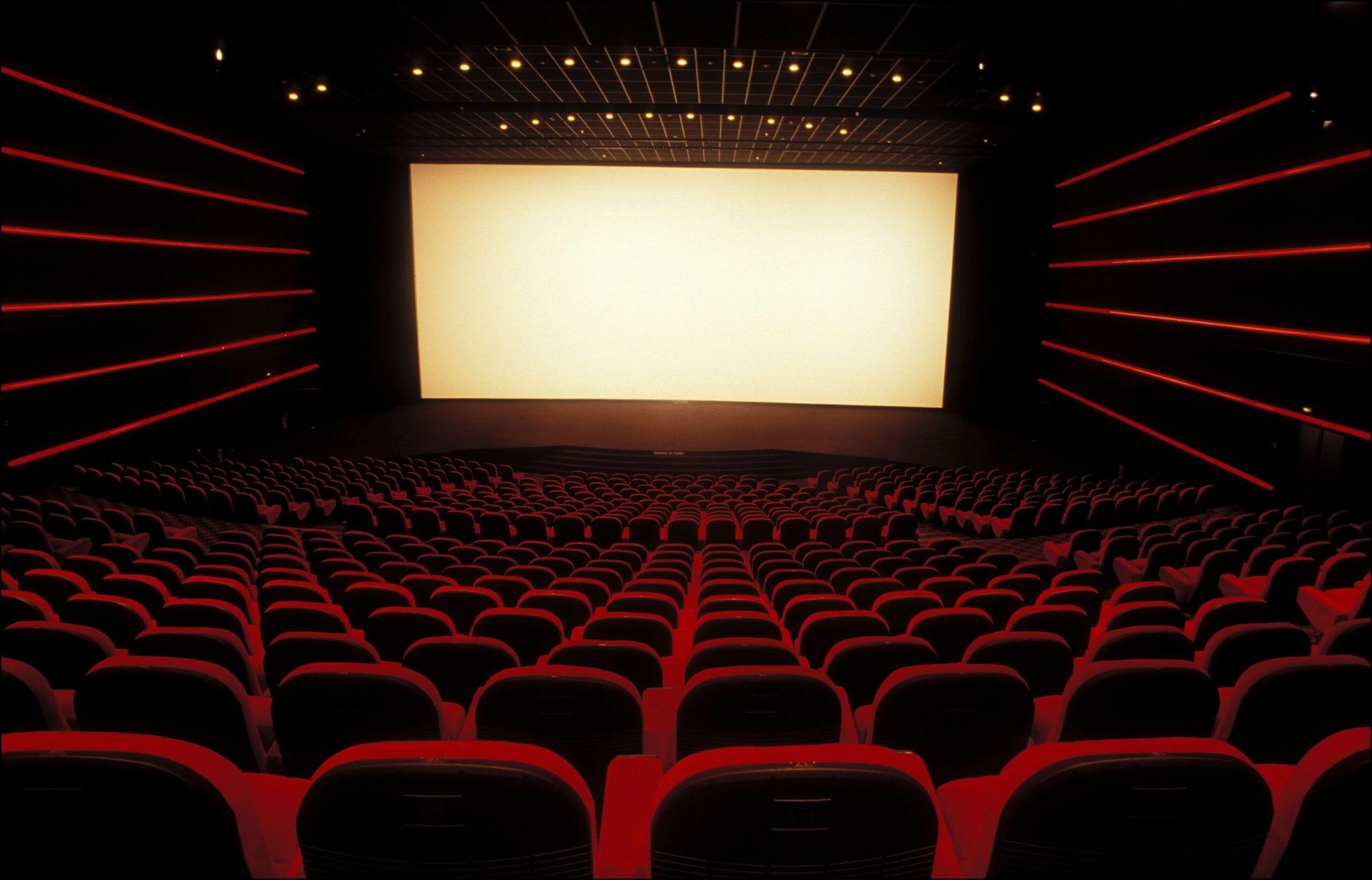In our waking life, cinema serves as a mirror, reflecting societal values, aspirations, and the multifaceted human experience. But what does it imply when cinema appears in our dreams? Some may regard it simply as a byproduct of an overtired mind, yet there lies a profound depth awaiting exploration. This article delves into the dream meanings associated with cinema through various lenses: syllogism, symbolism, and spiritual traditions from Christianity, Islam, and beyond, culminating in a psychological perspective that unveils layers of introspection.
1. The Syllogistic Lens: Dreams and Reasoning
Syllogism, a form of reasoning that arrives at a conclusion through deduced premises, plays an intriguing role when interpreting dream scenarios. To understand dreams about cinema, one could start with the premise that cinema displays narratives reflecting human conditions. If we consider another premise, that dreams often reveal subconscious emotions and desires, we can conclude: dreams of cinema may elucidate our personal narratives.
For instance, dreaming of a cinema packed with merry audiences might indicate a longing for community and shared experiences. Conversely, an empty or surreal theater may symbolize feelings of isolation or disconnection. By analyzing the juxtaposition of these elements, one gains insight into their emotional landscape. Dreams become a canvas where the subconscious paints our innermost thoughts, desires, and fears, akin to the projection of a film reel.
2. Symbolic Reflections: What Does Cinema Represent?
Cinema is a rich tapestry of symbolism. It embodies storytelling, escapism, and emotional resonance. Within the confines of our dreams, encountering a cinema may signify the feeling of being an observer or participant in your life’s narrative. When one dreams of watching a movie, it might suggest a desire to reflect on their reality from a safe distance, allowing for the processing of complex emotions and situations.
Moreover, specific elements associated with cinema amplify this symbolism. A romantic film, for instance, can symbolize the search for love or companionship, while an action thriller may underscore themes of conflict and resolve. There could also be peculiar elements that stand out in these dream sequences: if the cinema itself appears dilapidated, it might represent neglected aspects of oneself or unresolved trauma, urging one to confront and heal.
3. Spiritual Meanings Across Traditions
The spiritual interpretations of cinema in dreams vary significantly across different cultural and religious frameworks. In Christianity, cinema might evoke parables and moral lessons, as stories often serve a didactic purpose. Thus, dreaming of a cinema showing religious films could be a call for self-examination, encouraging a believer to align their actions with spiritual doctrines.
Conversely, in Islamic traditions, the universe is perceived as a grand spectacle created for divine purposes. Dreaming of cinema in this context might symbolize the transient nature of life, as the ephemeral nature of films can parallel life’s fleeting moments. It encourages the dreamer to seek meaning and wisdom in every scene they traverse.
Other cultural paradigms may associate cinema with the realm of imagination and dreams, emphasizing the power of storytelling as a means for personal and communal healing. For instance, Indigenous cultures often imbue visions and dreams with profound significance, suggesting that the cinema in a dream could serve as an avenue for ancestral wisdom and cultural expression.
4. Psychological Implications: A Peek into the Subconscious
From a psychological standpoint, cinema engages with the archetypical constructs of the human mind. The interplay of characters and stories on screen may correspond to various personal archetypes that reside within our psyche, as articulated by Carl Jung. When one dreams of a cinema, it could facilitate an exploration of different facets of self – the hero, the villain, the sage – in a safe and metaphorical space.
Furthermore, the act of watching films in our dreams can encapsulate the cognitive process of assimilation. Whether one is engaged with complex narratives or light-hearted comedies, the content urges the dreamer to reflect upon their personal experiences, navigating through conflict, resolution, and catharsis. Dreams reminiscent of cinema invite a transcendence of reality, permitting the subconscious mind to grapple with issues that require attention.
In addition, the communal aspect of cinema can reveal much about social connections. If the dream entails interactions with characters from life and cinema, it signifies the importance of interpersonal relationships and shared experiences. A desire to reconnect with someone specific can surface as they appear in cinematic contexts, denoting the inherent human yearning for connection amid advanced societal fragmentation.
5. Conclusion: The Cinematic Tapestry of Dreams
In summary, the dream meaning of cinema is a complex interplay of emotional, symbolic, cultural, and psychological elements. Through a syllogistic examination, we deduce that our dreams serve as narratives deeply entwined with our realities. Symbolically, cinema provides a window into our desires and fears while culturally resonating with spiritual teachings that guide our paths. Ultimately, the psychological perspective encourages a deep introspection that draws upon both the personal and collective unconsciousness.
As with any dream, context implies a myriad of interpretations, often unique to the individual. Engaging with these cinematic dreams may unlock insights into one’s own story—where transcendent themes unfold and deeper meanings can be deciphered.









